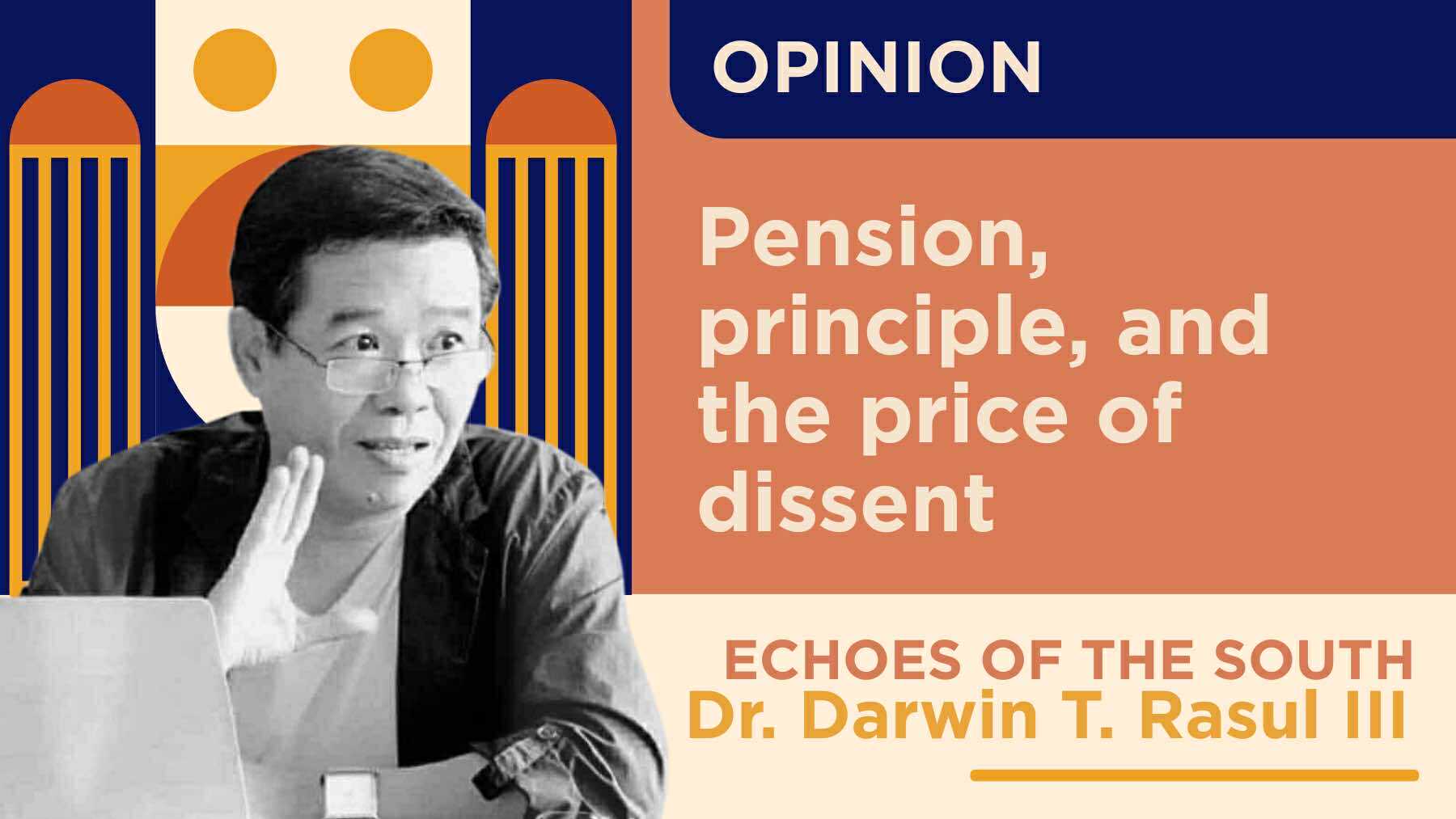The emphatic response of retired Major General Romeo V. Poquiz to the Armed Forces of the Philippines’ warning that retirees who purportedly spread “fake news” or engage in “seditious acts” online could lose their pensions is far more than a personal protest — it is a firm defense of due process, statutory rights, and the dignity of honorable service. Poquiz underscored that a military pension is not a privilege that can be withdrawn at will, but an earned and vested right. He reminded the public that, under Philippine law, pensions may be revoked only after a final conviction for crimes involving moral turpitude or disloyalty to the state and never on the basis of mere allegation, opinion, or administrative discretion.
Following public backlash, AFP spokesperson Colonel Francel Margareth Padilla clarified that there was “no direct order” from Malacañang to cancel any pensions, though she reiterated that soldiers remain bound by the law against sedition. Still, the initial statement had already cast a shadow over the institution’s handling of dissent. The issue has since sparked a larger debate about how far the military can or should go in regulating the speech of its retired members.
At the heart of the controversy lies a basic legal question: Under what authority may a pension be suspended for expressing an opinion? Philippine statutes clearly require a judicial ruling before any pension can be forfeited or withheld. No executive agency, including the AFP, holds the power to arbitrarily cancel a retirement benefit earned through decades of service. To use pensions as a tool of discipline or political reprisal is to endanger both justice and the morale of those who once risked their lives for the Republic.
Former Press Secretary Trixie Cruz-Angeles echoed this view, condemning what she described as an attempt to “hold hostage” the pensions of retired soldiers simply because their statements displeased certain officials. She also questioned the use of the term “fake news” noting that it remains undefined in Philippine law as a pretext for punitive action. “So you’re holding their pensions hostage because you were hurt by what the retirees said? And you even cite ‘fake news,’ a term which still has no legal definition. Be serious,” she remarked. Cruz-Angeles urged those in power to show compassion and fairness toward military veterans rather than deprive them of benefits long earned through sacrifice. Her remarks quickly went viral, resonating with many who saw the issue as one of basic justice and respect for free expression.
Indeed, both Poquiz and Cruz-Angeles highlight the same principle: that loyalty to the nation does not end upon retirement, and that truth-telling is not sedition. Criticism, even sharp and inconvenient, remains part of democratic accountability. To silence those who speak from experience is to weaken the very ideals that the military is sworn to protect.
The military institution, by tradition, prizes discipline and hierarchy. Yet, in a constitutional democracy, it must also uphold the rule of law and the freedoms enshrined in it. When retired officers raise concerns about corruption or bad governance, they are exercising civic responsibility, not committing betrayal. Punishing such voices would blur the line between obedience and blind submission, a distinction vital to a republic that values conscience and law.
Ultimately, prudence and fairness must guide the AFP’s actions. If credible allegations of sedition or criminal misconduct exist, the proper venue is the court of law, not the administrative boardroom or the press statement. Pensions are not political favors; they are earned rights, protected by law and sealed by service. An institution’s strength is measured not by its power to silence critics, but by its commitment to uphold justice even when it is tested.
#WeTakeAStand #OpinYon #OpinYonNews #EchoesoftheSouth

